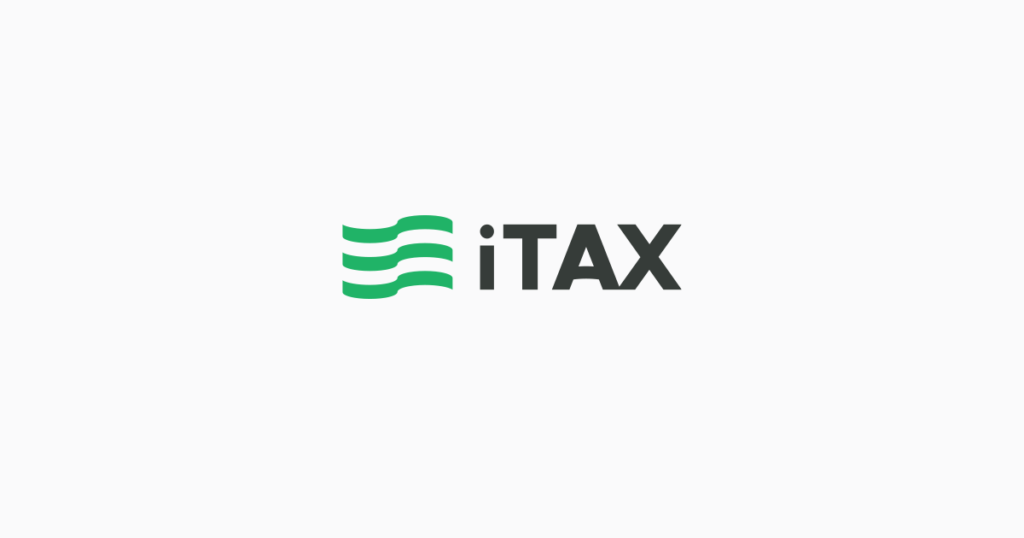Top Tax Issues to Avoid to Prevent IRS Audits

Are you worried about getting audited by the IRS? While the chances of an audit may be low, it’s important to know the top tax issues that can trigger an audit. In this article, we’ll explore some common tax issues to avoid to reduce your chances of getting audited.
1. Failure to Report All Income
One of the most common tax issues is failing to report all income earned during the tax year. This includes income from side hustles, freelance work, or rental properties. To avoid an IRS audit, it’s crucial to report all income and consult with a tax professional if you’re unsure about what needs to be reported.
2. Claiming Excessive Deductions
While claiming deductions is essential to lower your tax bill, claiming too many deductions or ones that are not legitimate can raise a red flag for the IRS. To avoid an audit, ensure that you only claim legitimate deductions and have proper documentation to back them up.
3. Inadequate Record-Keeping
Proper record-keeping is vital to substantiate deductions and avoid an audit. The IRS requires taxpayers to keep records of all financial transactions, including receipts, invoices, and bank statements. Ensure that you have accurate and complete records to avoid an audit.
4. Late or Non-Filing of Tax Returns
Filing tax returns late or not filing them at all can result in penalties, interest, and an increased likelihood of an audit. To avoid these issues, file your tax return on time, even if you’re unable to pay the full amount owed. If you’re unsure about your tax return, consult with a tax professional.
Conclusion
Avoiding an IRS audit may seem like a daunting task, but knowing the top tax issues that can trigger an audit can help. By reporting all income, claiming legitimate deductions, keeping accurate records, and filing your tax return on time, you can reduce your chances of getting audited. If you’re unsure about any aspect of your tax return, it’s best to consult with a tax professional.